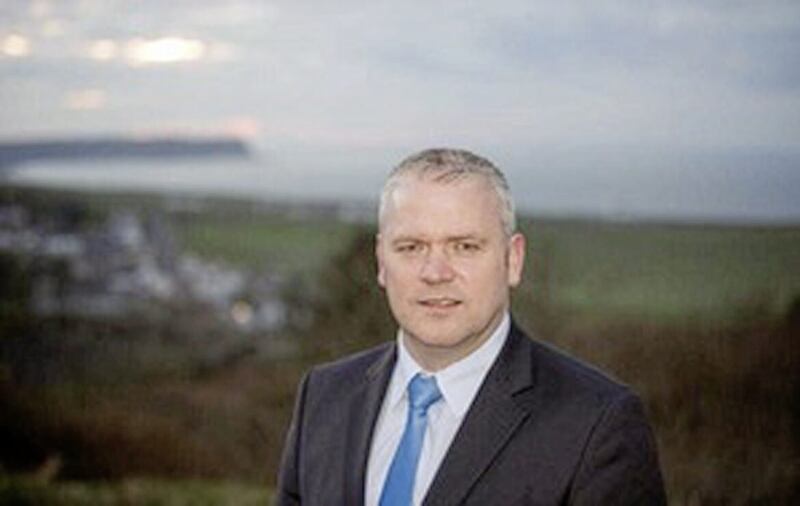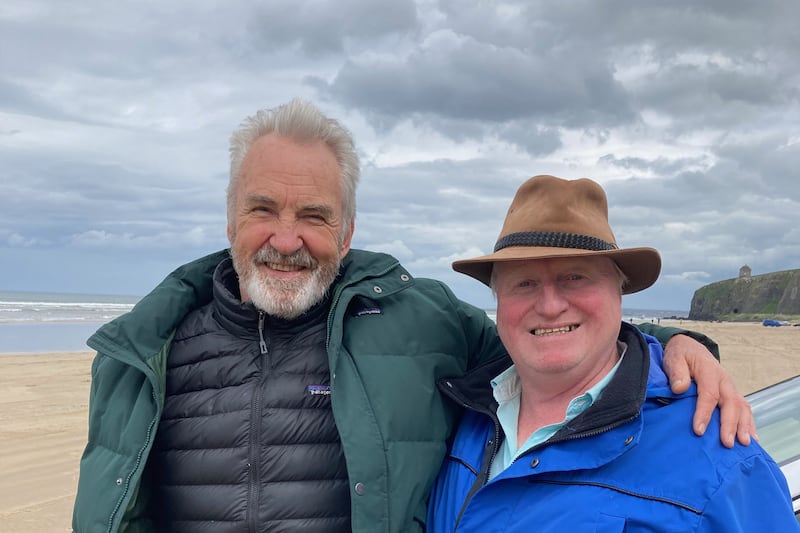A local authority watchdog has made findings of maladministration against Causeway Coast and Glens Borough Council.
A damning report was published on Tuesday in response to a complaint by TUV leader Jim Allister.
The referral from Mr Allister followed an earlier complaint made directly to the council in relation to how a controversial planning application had been handled and brought concerns about the actions of council officials, including chief executive David Jackson.
The planning application at the centre of the initial complaint related to a proposed hotel and spa complex near Portstewart.
Permission was granted in June 2017 and subsequently quashed by the High Court in September that year.
Consent was again granted in March 2019 and later overturned for a second time in September 2019.
Read More: Causeway Council 'lacks leadership' to ensure culture of compliance
Council audit report branded 'ruinous and damning'

Separately Mr Allister and former independent councillor Padraig McShane both subsequently asked the Northern Ireland Audit Office audit to examine the council's role in land deals.
In response to the earlier complaint Causeway council appointed an independent consultancy firm, Happy Raspberry, to investigate the matters raised.
A report into the investigation later upheld 15 out of 18 allegations made against the chief executive and all of the allegations made against another member of staff.
The document was later presented to the council’s Corporate Policy and Resources Committee, which decided that since its contents had been leaked to the public no further action should be taken.
The complaints process was then terminated.
It was claimed that further action should not be taken on the grounds that it would breach of Article 6 of the European Convention of Human Rights, which protects the right to a fair trial.
The decision was later backed at a full council meeting.

In her report, ombudsman Margaret Kelly made findings of mal administration on a number of points including a “failure to give full and careful consideration to an independent investigation report into the complainant’s concerns”.
The report also highlighted a “failure to have in place a policy to deal with the potential of disciplinary action following a complaint against the Chief Executive”.
“My investigation of this complaint has revealed a particularly egregious example of poor administration by the Council,” the Ombudsman said.
The ombudsman also questioned the basis on which the decision not to continue Mr Allister’s complaint by the council was taken.
“The grounds upon which this decision was taken, quoting a specific section of human Rights legislation, appears to have been arbitrary and not based on any discussion, legal opinion or advice,” the report said.
The report made several recommendations including that the council apologise to Mr Allister.

Mr Allister welcomed the findings as “upholding my complaint against Causeway Coast and Glens Borough Council in respect of its attempt to sweep under the carpet the findings of the independent investigator ... Having got an independent report which vindicated my complaints, with some very serious findings against these senior officers, the council, on a patently bogus pretext that social media comment had prejudiced a fair hearing, proceeded to bury the findings."
And he added: “The findings of the ombudsman could hardly be more damning.”
A spokesman for Causeway Coast and Glens councils said that at a special council meeting in August it was agreed that “council accept the recommendations within the report and make sure those recommendations either have already been implemented, as in through the audit process, or, are speedily implemented.”








